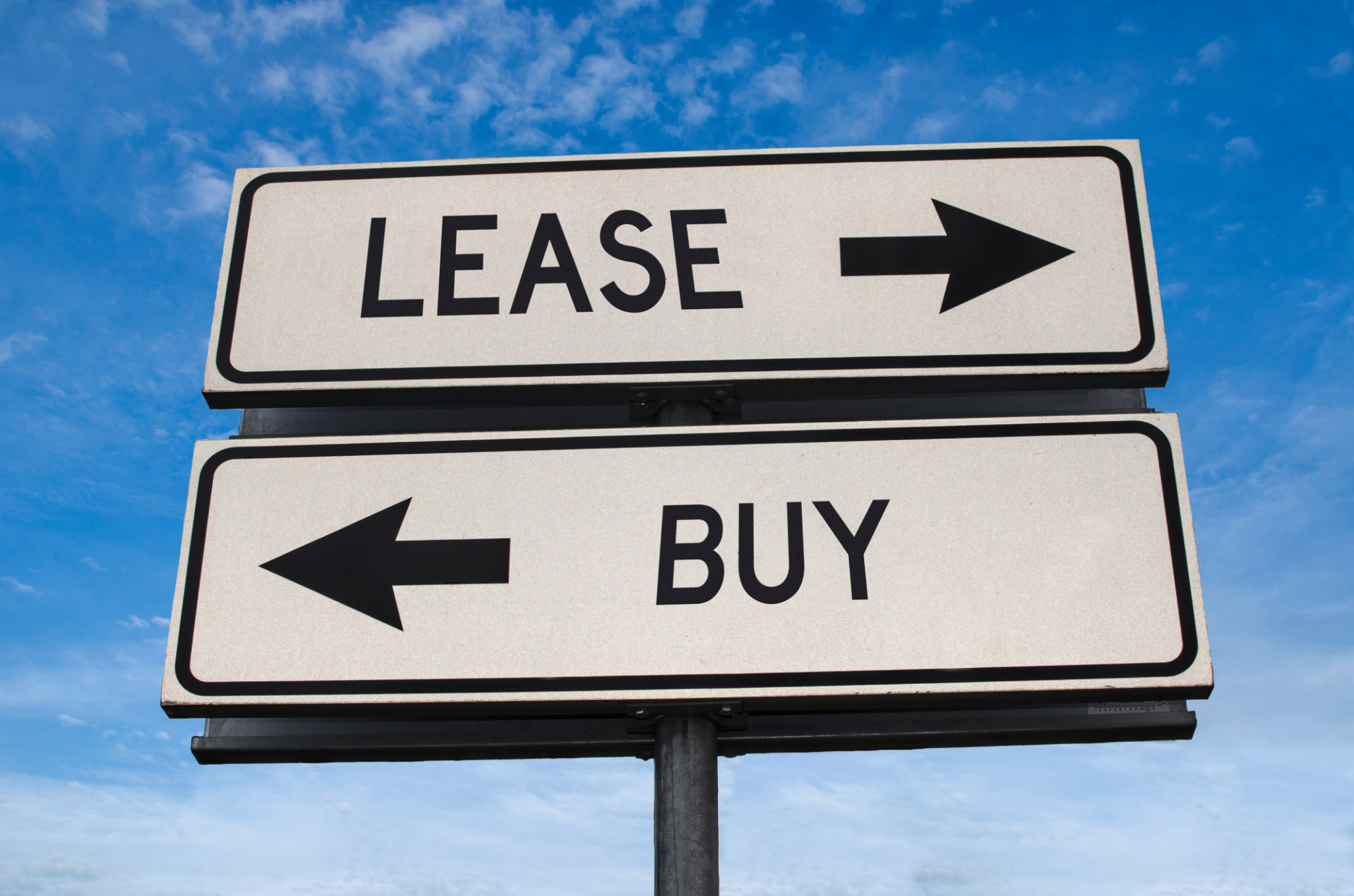Comparing Vehicle Leasing Options: Which One Fits Your Business Needs?
Understanding Vehicle Leasing Options
When it comes to expanding your business fleet, leasing vehicles can be a smart and cost-effective strategy. However, choosing the right leasing option can be a daunting task, given the variety of choices available. This guide aims to simplify the process by breaking down the most common vehicle leasing options and helping you determine which one best suits your business needs.

Open-End vs. Closed-End Leases
Two primary types of leases dominate the market: open-end and closed-end leases. Understanding the differences between them is crucial for making an informed decision.
Open-End Leases
An open-end lease provides more flexibility for businesses that are uncertain about their vehicle usage or plan to travel extensively. At the end of the lease term, you have the option to buy the vehicle or return it. However, you may be responsible for the difference if the vehicle's market value is less than the estimated residual value.
Closed-End Leases
Closed-end leases, on the other hand, are more predictable. You return the vehicle at the end of the lease term without worrying about its residual value, provided you've stayed within mileage limits and maintained the vehicle condition. This option is suited for businesses with a clear idea of their mileage needs.

Mileage Considerations and Lease Terms
Mileage limits are a significant factor in choosing a lease. Most leases come with an annual mileage cap, typically ranging from 10,000 to 15,000 miles. Exceeding this limit can lead to costly penalties.
If your business involves frequent travel, consider negotiating higher mileage limits at the start of your lease or opting for an open-end lease, which offers more flexibility in this regard.
Leasing vs. Buying: Cost Implications
While leasing can lower your monthly expenses compared to buying, it's essential to evaluate the long-term costs. Leasing often requires lower upfront payments, freeing up capital for other business needs. However, purchasing may offer better financial benefits over time, especially if you plan to keep vehicles for several years.

Tax Advantages of Leasing
Leasing can also provide tax benefits that purchasing doesn't offer. Lease payments are generally tax-deductible as a business expense, reducing your overall taxable income. It's advisable to consult with a tax advisor to understand how leasing can fit into your financial strategy.
Choosing the Right Leasing Partner
Selecting the right leasing partner is just as important as choosing the right lease type. Look for a provider with transparent terms, competitive rates, and excellent customer service. Reading reviews and seeking recommendations can help you find a partner who aligns with your business goals.
In conclusion, finding the right vehicle leasing option requires careful consideration of your business's specific needs and financial situation. By understanding the various lease types and their implications, you can make an informed decision that supports your business's growth and operational efficiency.